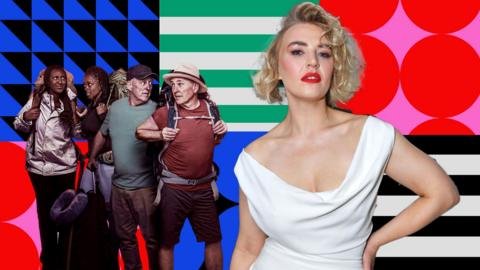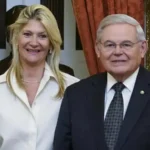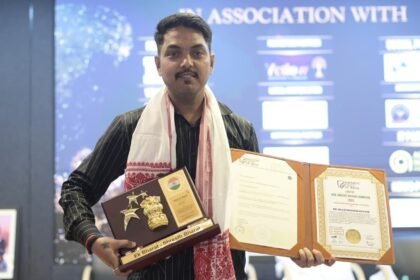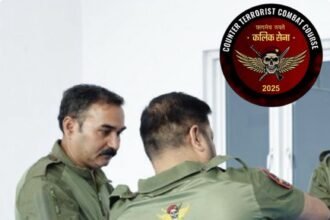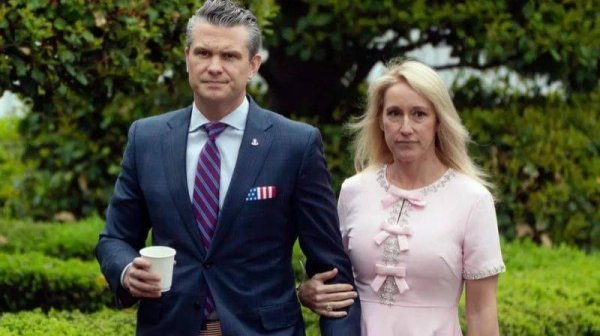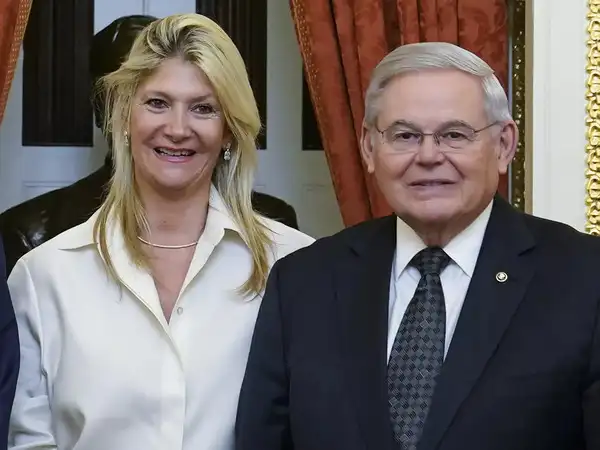Boy meets girl. Girl falls for boy. Girl fends off love rivals and boy – finally – declares his affection for her.
If you are a fan of reality TV dating shows, you will have seen several variations of this plot – it is a well-worn storyline that has played out on the likes of Love Island, Love is Blind and The Bachelor.
But in Ethiopia, this romantic scenario has broken convention.
Content creator Bethel Getahun won over insurance agent Messiah Hailemeskel in Latey: Looking for Love – a reality TV show that ignited debates about dating norms in the conservative East African country.
Latey’s premise mirrored that of the aforementioned hit US show, The Bachelor (in fact, Latey is Amharic for bachelor/bachelorette).
Ten women had to compete for the affection of Mr Messiah, a 38-year-old Ethiopian-American who grew up and lives in Dallas.
Throughout the series, the women battled it out in boxing matches, basketball contests and even a bizarre task where they had to devise a TV advert for a mattress, à la The Apprentice.
Broadcast on YouTube, Latey is a rare dating programme in a country where courtship is traditionally a private affair.
Winning such a ground-breaking show felt “surreal”, 25-year-old Ms Bethel told the BBC’s Focus on Africa podcast. Weeks on from the finale, which racked up more than 620,000 views, her victory still “feels like a badge of honour”.
Of course, not everyone feels the same way.
“The concept of a dating show is entirely [a] Western idea,” says Ethiopian vlogger Semere Kassaye.
“Dating in Ethiopia has always been a private matter, something that is nurtured carefully and only brought to the attention of family or society when it reaches a level of maturity.”
Mr Semere, 41, also feels that the show devalues women, treating them as objects to be acquired.
Several viewers voiced the same opinion – one commenter on YouTube wrote: “Ladies, you are not an object that the one with money can easily pick you up.”
Another asked: “Lots of creativity on the production but if it is against the culture, what is the point?”
Ms Bethel agrees that the concept of women openly competing for a man clashes with Ethiopian traditions, but insists that the show is more than its central premise.
“The whole point of the show is to represent different kinds of women,” she says.
“If you have seen the episodes, you can see every woman in that episode has a lot of different struggles, backgrounds, and all different kinds of stuff that hasn’t really been expressed or represented in media in Ethiopia.”
Arguably, Latey succeeds in this respect. The women – who include hotel managers, flight attendants and accountants – swiftly bond, sharing their personal stories with each other and the viewers.
In one of the more heart-breaking scenes, actress Vivian divulges that she fled to Ethiopia from Eritrea, a neighbouring country that enforces indefinite military conscription for all able-bodied citizens. It has also been widely accused of human rights violations.
Vivian travelled alone to Ethiopia and has not seen her mother in five years.
“I miss her so much,” she says tearfully.
Elsewhere, Rahel, a model, explains that she dropped out of school to take on multiple jobs and provide for her siblings, while other women have emotional conversations about grief and their reverence for those who raised them.
By baring these women’s realities – and their romantic desires – Latey cemented its place as the “content of its times”, producer Metasebia Yoseph tells the BBC.


